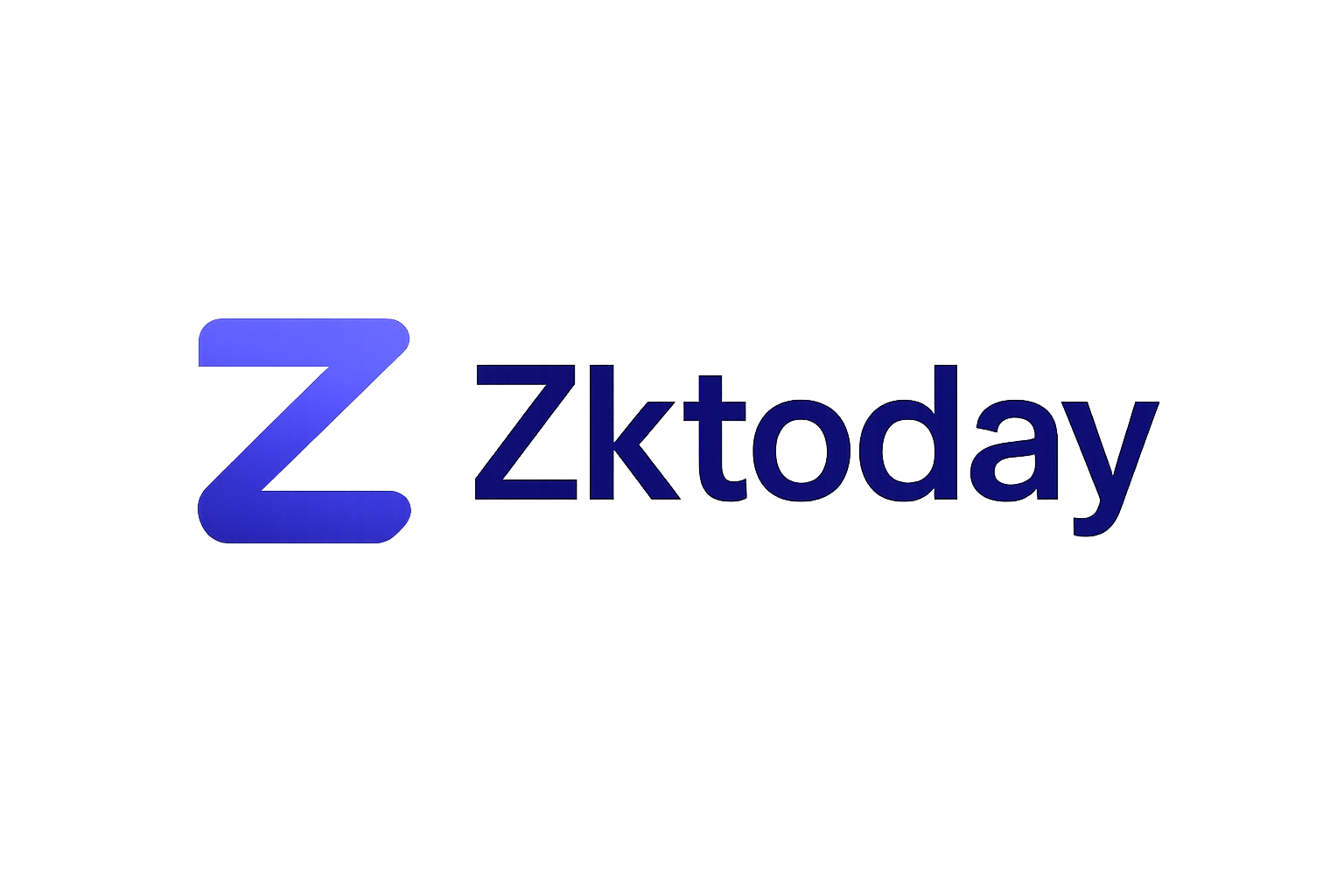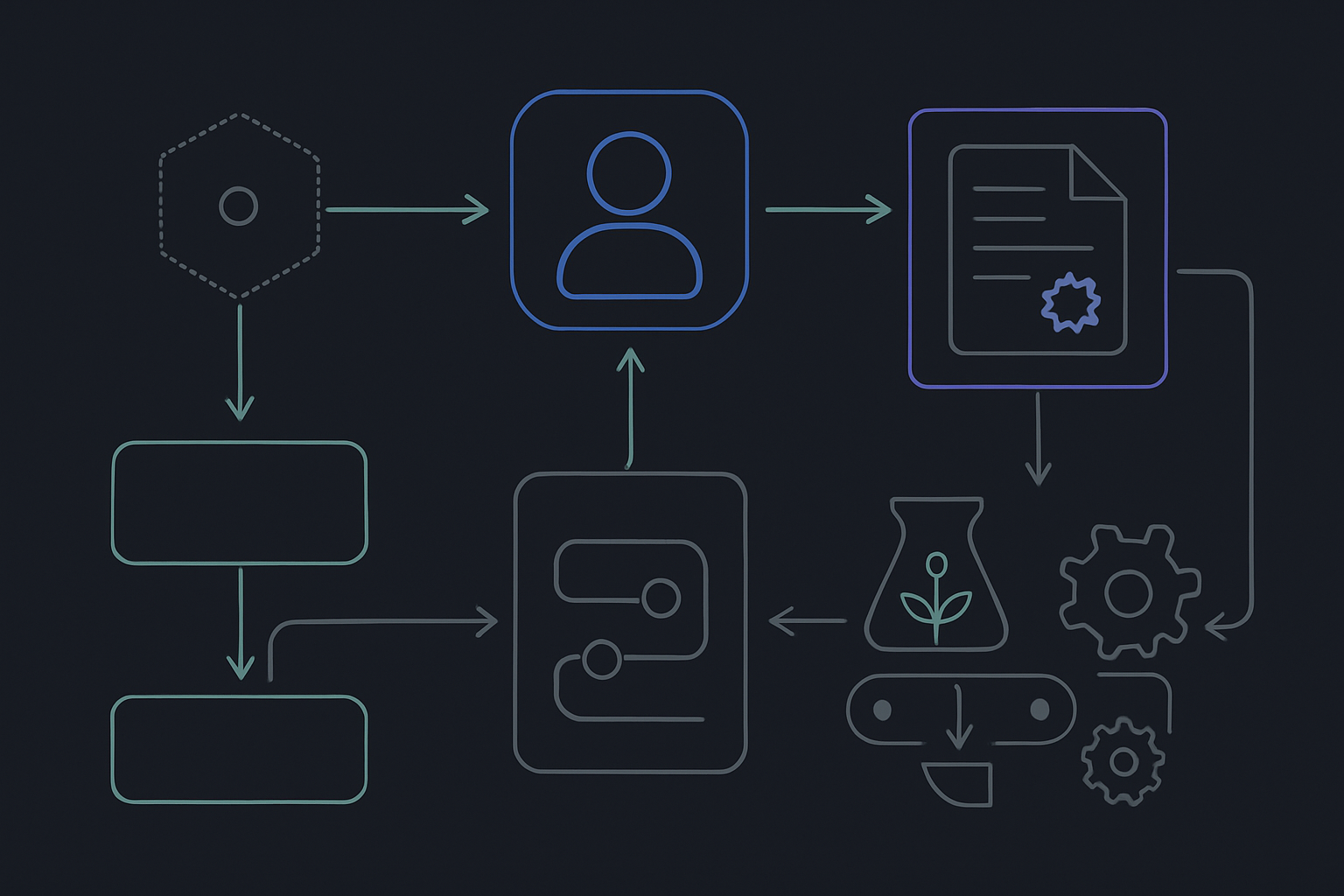
Zero-knowledge proofs (ZKPs) are rapidly reshaping the blockchain landscape, unlocking a new era of trustless, scalable applications that don’t compromise on privacy. If you’ve ever wondered how projects like zkSync, StarkNet, or even privacy-focused Bitcoin rollups achieve high throughput without exposing user data, the answer lies in the magic of ZKPs. Let’s break down what makes zero-knowledge proofs so revolutionary, and why they’re at the heart of the next generation of blockchain infrastructure.
What Are Zero-Knowledge Proofs, and Why Do They Matter?
At their core, zero-knowledge proofs blockchain protocols allow one party (the prover) to convince another (the verifier) that a statement is true, without revealing any underlying information. Imagine proving you know a password without ever typing it in, or demonstrating a transaction is valid without showing the sender, receiver, or amount. That’s the level of privacy and security ZKPs bring to the table.
This cryptographic breakthrough isn’t just academic. In the blockchain world, ZKPs are the engine behind zk rollup scalability and privacy, enabling networks to process thousands of transactions off-chain, then submit a single succinct proof to the main chain. The result? Dramatically lower fees, faster confirmations, and a user experience that finally rivals Web2 apps, all while keeping sensitive data under wraps.
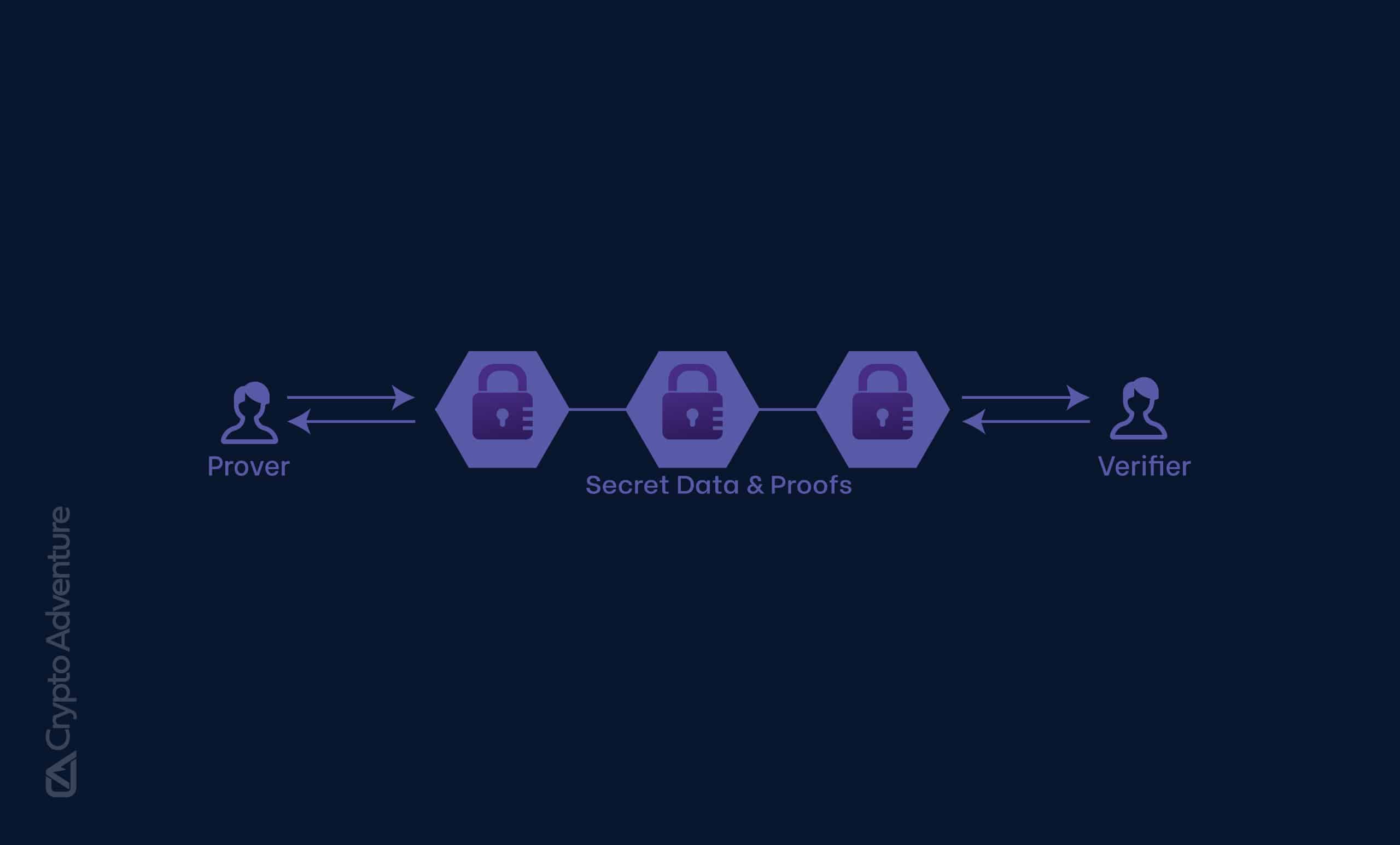
Scaling Blockchains Without Sacrificing Security
One of the biggest bottlenecks for blockchains like Ethereum has always been scalability. Every node needs to process every transaction, leading to congestion and sky-high fees. ZKPs flip this model on its head. Through zk rollups, hundreds or even thousands of transactions are bundled and processed off-chain. A cryptographic proof (often a zk-SNARK or zk-STARK) is then posted to the main chain, proving the validity of all bundled transactions in a single shot.
Take zkSync, for example. By leveraging ZKPs, zkSync can process transactions at a fraction of the cost and time compared to mainnet Ethereum, and users don’t have to trust a central operator. This is at the heart of how zero-knowledge proofs turbocharge blockchain scalability without sacrificing privacy.
StarkNet, another leader in this space, deploys zk-STARKs for both scalability and quantum-resistant security. Developers can now build complex decentralized applications (dApps) that are not only fast and cost-effective but also secure against future cryptographic threats.
Trustless Blockchain Verification: No Middlemen Required
Trustlessness is one of blockchain’s core promises, but until recently, it often came at the expense of usability or privacy. ZKPs change the game by allowing anyone to verify the integrity of transactions or computations without exposing sensitive details. This is huge for applications like decentralized exchanges (DEXs), where traders want to keep strategies and balances confidential, or for on-chain identity systems that need to prove uniqueness without revealing personal data.
Take the example of proof-of-reserve audits on Bitcoin: ZKPs let exchanges prove they hold sufficient assets without disclosing wallet addresses or exact balances. Or consider zero-knowledge bridges, which use cryptographic proofs to enable secure asset transfers across blockchains, all without relying on centralized custodians.
Real-World Applications: Beyond Just Payments
The use cases for zero-knowledge proofs are exploding across the ecosystem. Here’s a quick snapshot:
- Private voting systems: Voters can prove their eligibility and participation without exposing their choices.
- Decentralized identity: Users can verify credentials or uniqueness without sharing personal info (see how ZKPs power privacy in decentralized identity wallets).
- Confidential transactions: Senders and receivers can confirm transaction validity without revealing amounts, critical for both enterprise and DeFi use cases.
- Verifiable off-chain computation: Platforms like Space and Time allow SQL queries to be executed off-chain with cryptographic proofs of correctness, enabling scalable and trustless data services.
This is just the beginning. As ZKP technology matures, expect even more creative real-world applications that blend privacy, scalability, and trustlessness into seamless user experiences.
But what does this mean for the average blockchain user or developer? It means that zk rollup scalability isn’t just a buzzword, it’s powering real solutions, from faster decentralized finance (DeFi) trades to privacy-first identity protocols. The days of choosing between transparency and usability are fading fast, thanks to the relentless pace of innovation in zero-knowledge cryptography.
How ZKPs Are Shaping the Future of Blockchain
Let’s zoom in on some cutting-edge examples. Space and Time stands out for its clever use of ZKPs in data validation. Their ‘Proof of SQL’ lets users run complex queries off-chain, then submit a proof that guarantees the results are correct, all without revealing the underlying data. This is a game-changer for dApps that need both scale and verifiability, like on-chain analytics or gaming platforms.
Meanwhile, StarkNet is pushing boundaries with zk-STARKs, offering quantum resistance on top of massive throughput gains. Developers are already building next-gen apps, from NFT marketplaces to DAOs, that simply wouldn’t be feasible on mainnet alone. These breakthroughs are not just theoretical; they’re live today, driving new possibilities for scalable, trustless blockchain verification.
Privacy and Compliance: Not Mutually Exclusive
One of the most exciting frontiers for ZKPs is digital identity. Imagine proving you’re over 18, or a resident of a specific country, without ever uploading your passport or leaking your address. Projects like Onchain Passport are already leveraging ZKPs to enable privacy-preserving KYC and credential verification, a critical step for bringing compliant DeFi and Web3 apps to the mainstream.
This same approach is being adopted in confidential smart contracts as well. By implementing ZKPs within encrypted contract logic, platforms can execute private transactions where only proofs (not sensitive details) hit the chain. If you want to dig deeper into how this works in practice, check out how zero-knowledge proofs empower confidential smart contracts.
Top Real-World Applications of Zero-Knowledge Proofs
-

Private Voting with zkVote: Platforms like zkVote use ZKPs to enable fully private, verifiable elections on blockchain. Voters can prove their eligibility and that they voted, without revealing their identity or vote choice.
-
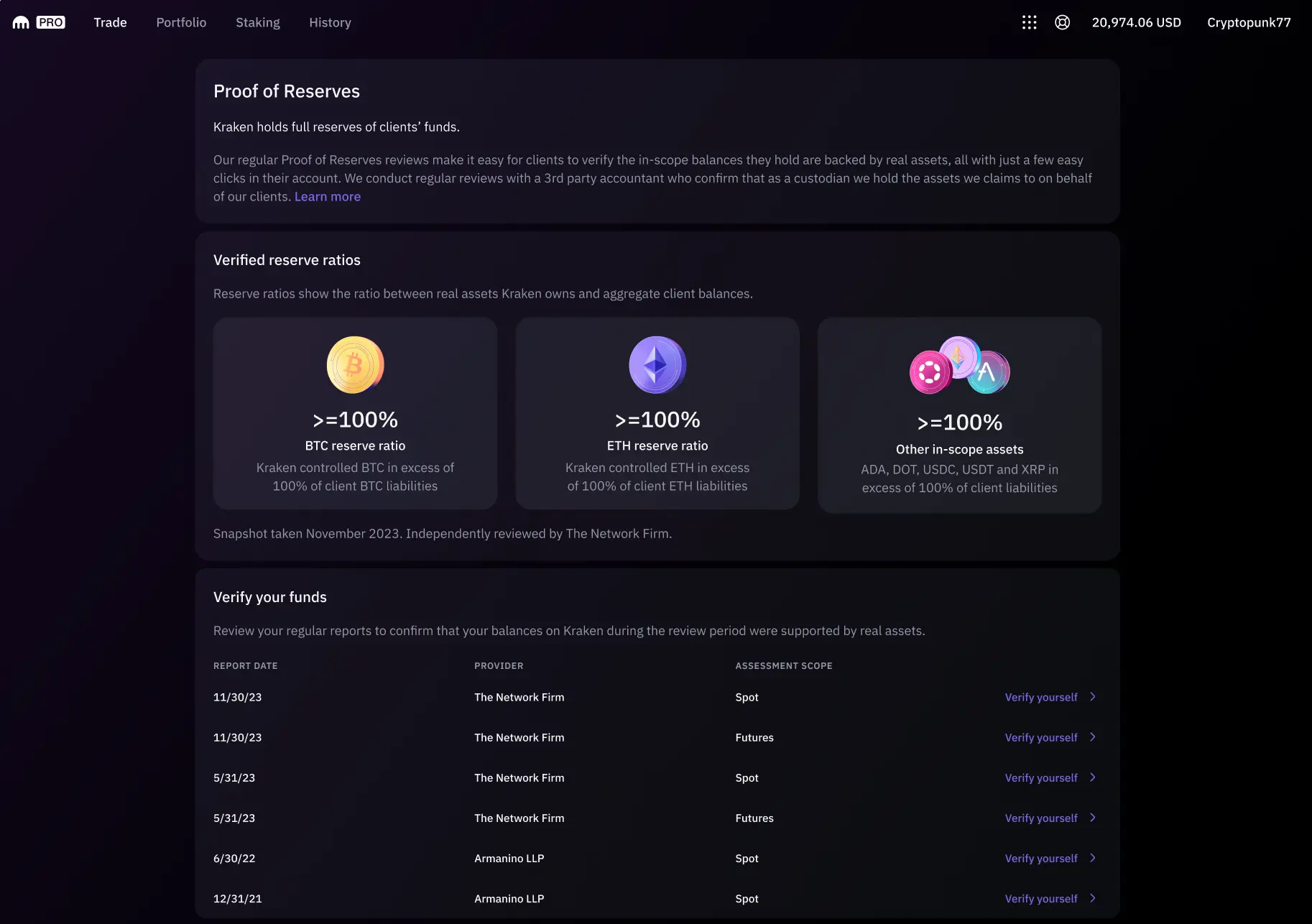
Proof-of-Reserve Audits by Kraken: Leading exchanges such as Kraken leverage ZKPs to prove they hold enough assets to cover user balances—without exposing sensitive wallet details or customer data.
-
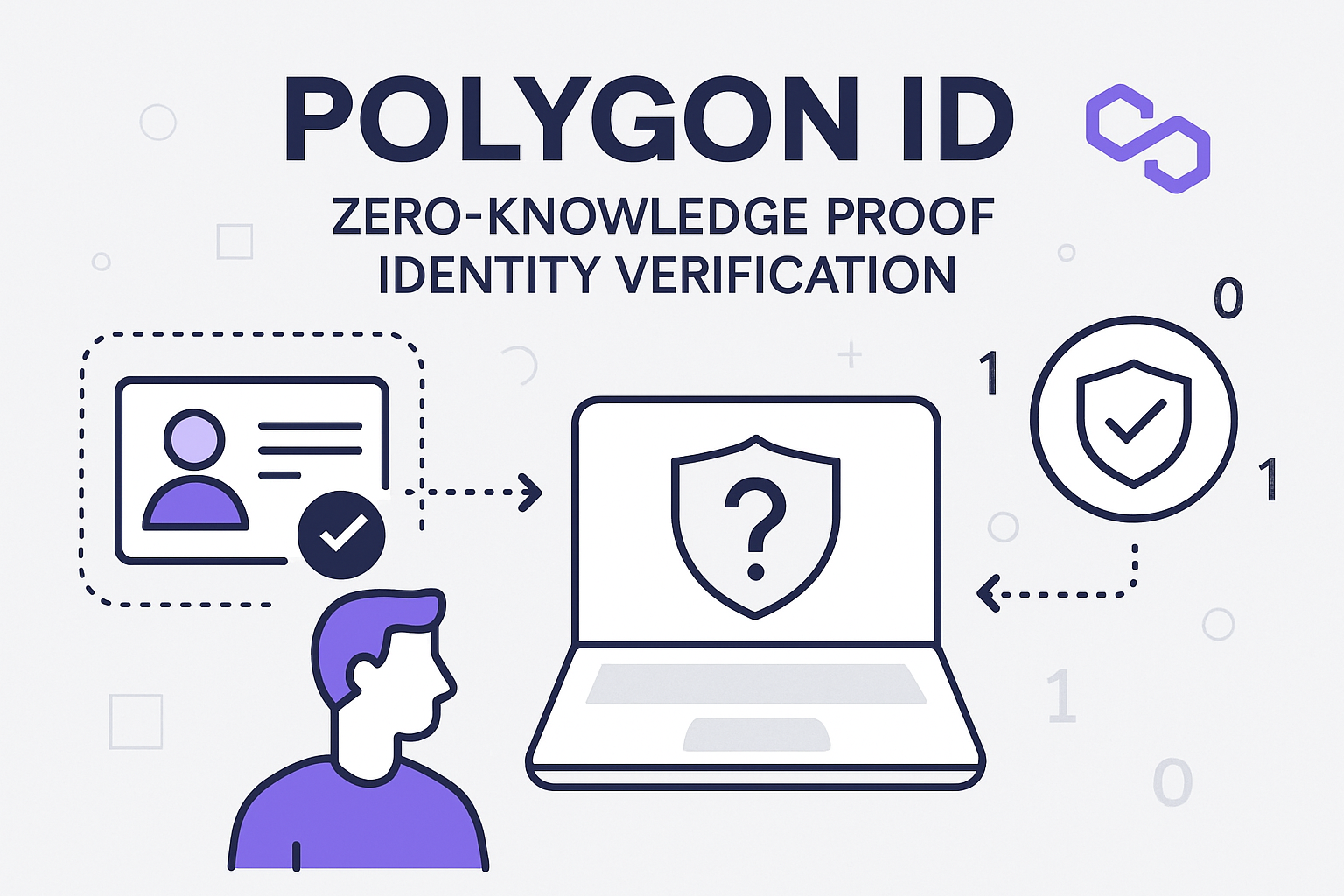
Privacy-Preserving KYC with Polygon ID: Polygon ID lets users verify their identity for DeFi and Web3 apps using ZKPs, so personal data stays private while still meeting regulatory requirements.
-
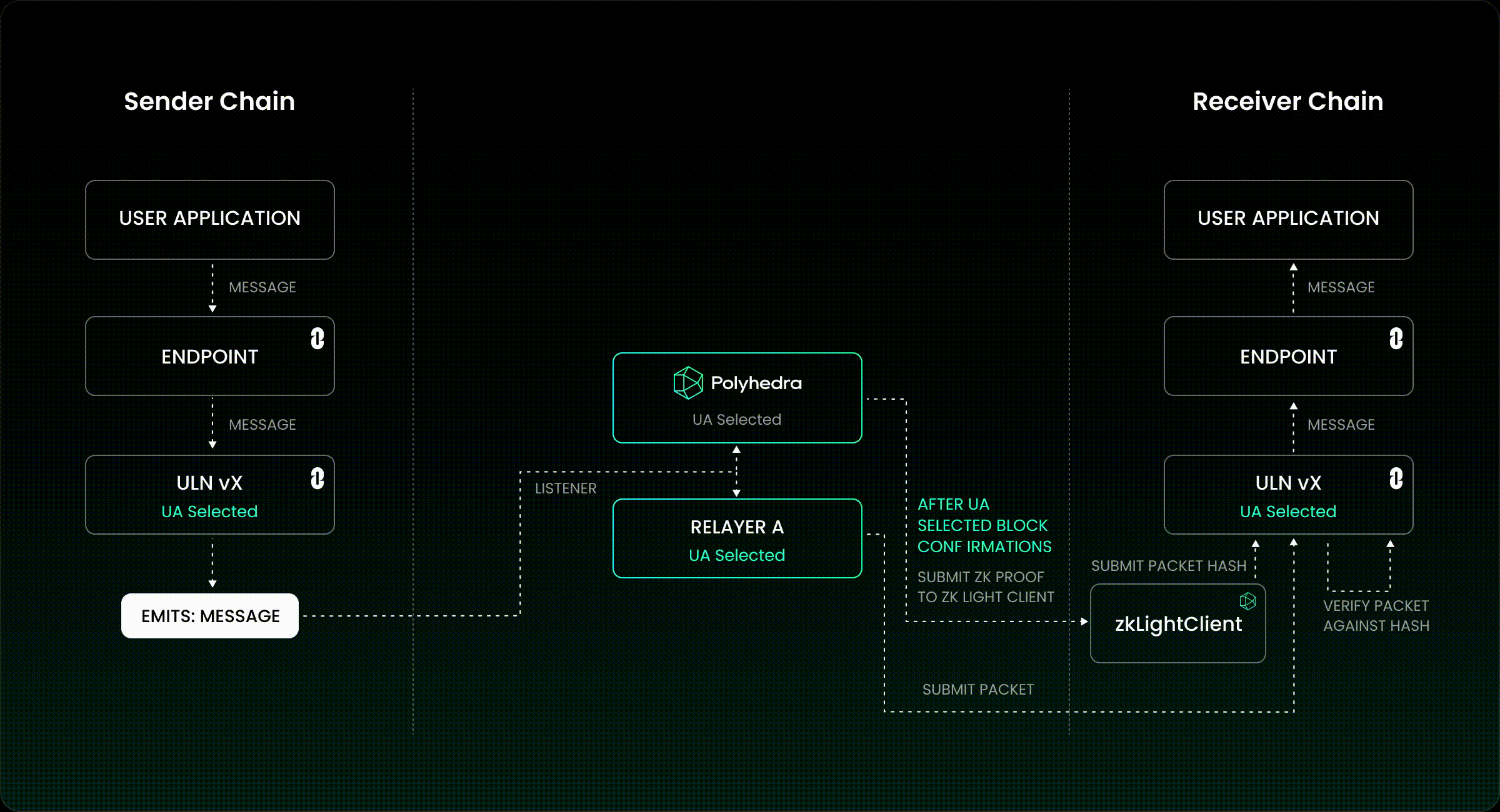
Cross-Chain Bridges by zkBridge: zkBridge uses ZKPs to securely transfer assets and data between blockchains, ensuring transactions are valid without revealing underlying details or relying on centralized intermediaries.
What’s Next? The Road Ahead for Zero-Knowledge Blockchain Apps
The momentum behind zero-knowledge proofs is only accelerating. As zkEVMs become more production-ready and tooling matures, we’ll see even greater adoption across both public and enterprise blockchains. Expect more creative uses: think private auctions, censorship-resistant messaging, and even fully on-chain games with hidden information mechanics.
For developers and traders alike, now’s the time to get hands-on with these tools, whether you’re experimenting with zkSync’s SDK or building privacy-focused dApps on StarkNet. The future isn’t just about scaling blockchains; it’s about unlocking entirely new classes of applications that put users back in control of their data.
If you’re hungry for more technical deep-dives or want to see how off-chain computation meets on-chain trust via ZKPs, don’t miss our guide on how zero-knowledge proofs enable offchain computation with onchain trust.
The bottom line? Zero-knowledge proofs aren’t just a technical curiosity anymore, they’re the foundation for trustless, scalable blockchain applications ready to take center stage in Web3’s next act.
